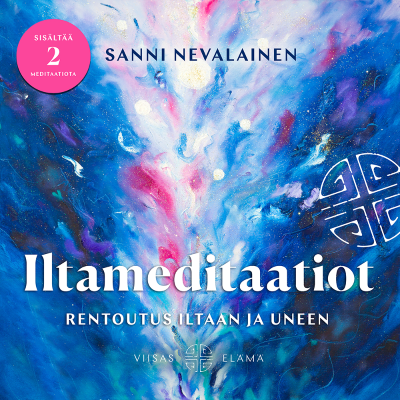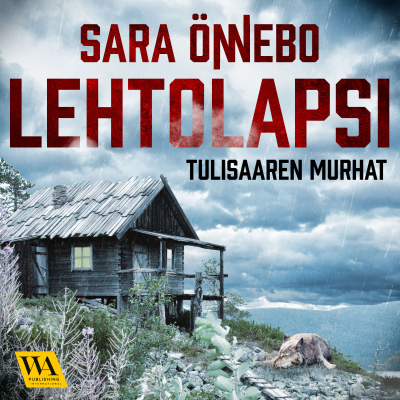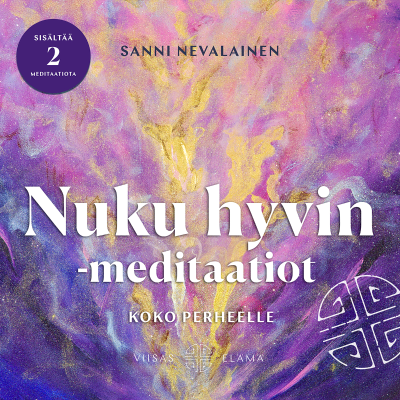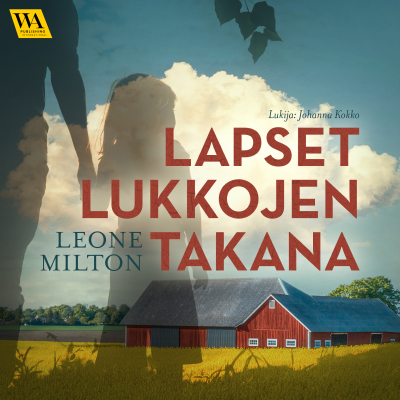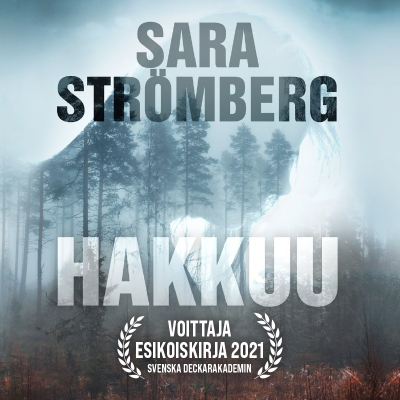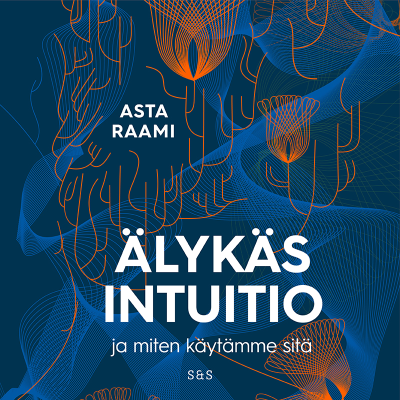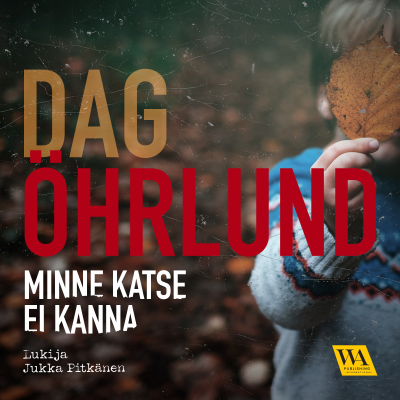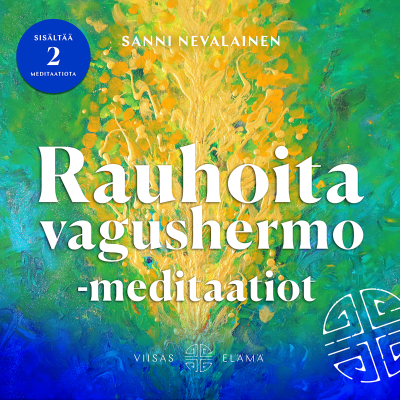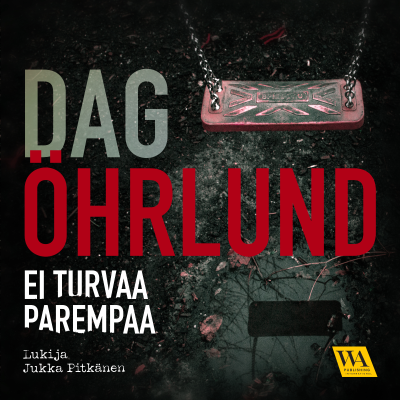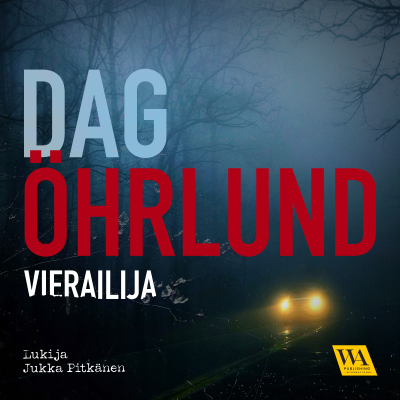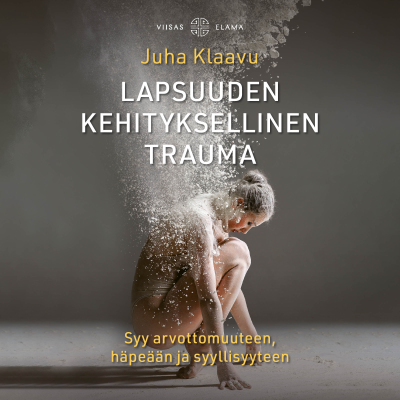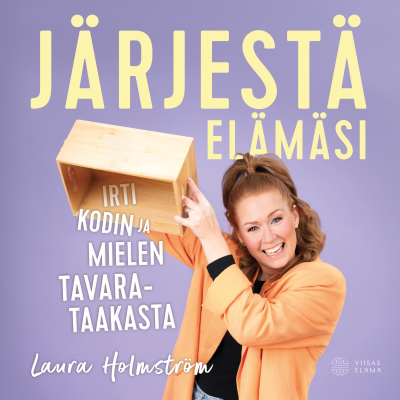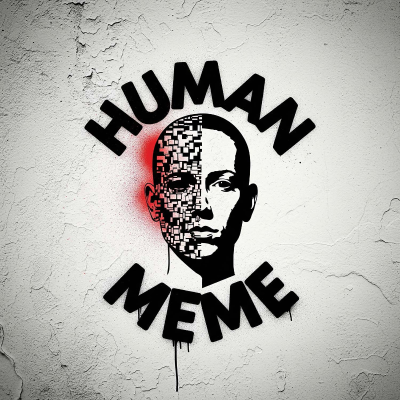
David Boles: Human Meme
Podcast by David Boles
This Human Meme podcast is the inflection point for what it means to live a life of knowing. We are in the critical moment of human induction. David Boles is a writer, publisher, teacher, lyricist and author living and working in New York City. He has dedicated his life to founding the irrevocable aesthetic. Be a Human Meme!
90 vrk ilmainen kokeilu
Kokeilun jälkeen 7,99 € / kuukausi.Peru milloin tahansa.
Kaikki jaksot
788 jaksotThe first forgotten truth emerges from the medieval understanding of time as a living, breathing entity rather than a mere mechanical measurement. Before the proliferation of mechanical clocks in the fourteenth century, communities understood time through the rhythms of nature, prayer bells, and seasonal cycles. This organic temporal awareness created a psychological resilience that we've lost in our nanosecond-obsessed age. Medieval chroniclers spoke of "thick time" – moments that expanded during contemplation, compressed during joy, and flowed like water through daily life. Recovering this elastic relationship with time would immediately address our epidemic of anxiety and burnout. When we cease treating time as a scarce resource to be maximized and instead experience it as an abundant field of presence, we naturally align with healthier patterns of work, rest, and relationship. The practical application is startlingly simple: organizing our days around natural light cycles and meaningful rituals rather than arbitrary clock divisions restores a sense of groundedness that no amount of productivity optimization can achieve.
The human yearning to create intelligence beyond our own biological constraints stretches back to antiquity, manifesting not as "artificial intelligence" but through divine automata, mystical golems, and mechanical servants. The ancient Greeks spoke of Talos, the bronze giant who protected Crete, while Jewish mysticism produced the golem of Prague, animated by sacred words. Medieval Islamic scholars designed intricate water clocks and mechanical musicians, calling them "al-jazari" - the skillful ones. These weren't mere toys but embodiments of humanity's deepest aspiration: to breathe life into the inanimate, to create minds from matter. They were referred to as "animated beings," "enchanted servants," or "mechanical souls" - each culture wrapping the concept in its own mythological and technological understanding.
Yes, we are each other: The Us of Us. To deny this truth is to court disaster. When we forget that we are each other’s possibilities, we begin to retreat. Into silos. Into tribes. Into fear. We stop looking for kinship and start demanding conformity. We begin to believe the lie of the self-made person; the myth that what we’ve done, we did alone. That we owe nothing to no one. That is not independence. That is isolation. That is a world without bridges. And a world without bridges will only ever be full of walls. When you deny someone else their possibility, you shrink your own. When you strip rights, when you refuse resources, when you silence voices you don’t just hurt them. You destroy the potential you had to grow. To learn. To live in a world better than the one you were born into. Because the arc of progress is not a ladder. It is a spiral. We rise together or we fall apart.
We begin with a silence, the kind that rings heavy in the ears of the alone. This is the quiet place many young men now occupy—a self-imposed solitude, carved out not of preference, but of defeat. The dating app didn’t swipe back. The college classroom became a battleground of ideas they couldn’t win. The workplace offered no solace. And so they withdraw—not only from dating, but from the belief that women are allies in life. They begin to bond instead with other wounded men in digital caves, places where contempt is currency and mockery of women is misidentified as empowerment. What has happened? How have we arrived here, in this silo of misogyny?
The fall of the Western Roman Empire in the 5th century was not merely the collapse of a political order or the ruin of marble monuments. It was the slow eclipse of an entire world – a complex tapestry of cultural practices, technical know-how, intellectual traditions, and spiritual paradigms – many of which vanished forever. Historians often highlight the sack of cities and the demise of imperial authority, yet beyond the smoking ruins lies an even greater tragedy: the loss of ways of life and thought that had no true successor. Reconstructing these forgotten dimensions of Roman civilization requires equal parts scholarship and imagination. What follows is an academic meditation on those elusive losses – facets of Roman society unique to their time, only partially understood today, and largely without modern analog. Each represents a thread of human experience that was severed in the aftermath of Rome’s fall, leaving later generations in a poorer world, often unaware of what had been lost.
90 vrk ilmainen kokeilu
Kokeilun jälkeen 7,99 € / kuukausi.Peru milloin tahansa.
Podimon podcastit
Mainoksista vapaa
Maksuttomat podcastit










